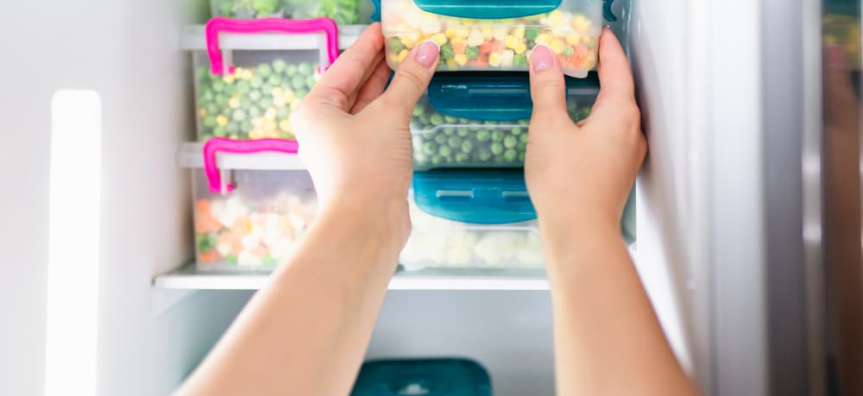
Australia is in the midst of a cost-of-living crisis, with groceries on the of the biggest household costs. Without realising, many of us spend thousands of dollars each year on food that is never used. This out-of-date, excess and leftover food waste counts for approximately half of our household garbage bins, decomposing in landfill and creating greenhouse gases.
Avoid most of these problems by following these 8 essential tips to help your food last longer and save you cash:
Cool it. A fridge temperature between 0 and 5 degrees Celsius extends the life of your food by up to 3 days.
Know your fridge. It has different temperature levels throughout, so use this knowledge to your benefit. The warmer door is best for condiments, crisper for veggies and fruit and the cooler bottom shelves is best for raw meats and milk.
Store it smart. Airtight containers keep leftovers, meat, poultry and fish fresher, while veggies last longer in reusable cloth bags or wrapped in a clean damp tea towel. And if you won’t eat it in time, freeze anything suitable, like meat, cooked meals and bread.
First in first out. Put newly bought groceries at the back of your fridge, to help use up older items first. Tape and labels mean everyone knows what to use first.
Show me the dough. Bread is one of the most wasted foods. Freeze immediately after your grocery shop and defrost loaves or slices as you need.
Ditch the fruit bowl. Most fruit lasts longer in the fridge. But bananas speed up the ripening of other fruit, so separate and store them solo.
In the dark. Potatoes and onions last longer in a dark drawer or cupboard. Avoid cleaning or buying washed spuds as unwashed potatoes stay firmer and sprout-free longer.
Best and spoil dates - Best before and use by dates mean different things. The former is a guide only and most items – except eggs – can be eaten after the date indicated if stored properly. Avoid eating food past it’s use-by date.
Small changes can make a big difference to the volume of food you accidentally waste and help the community reduce locally produced greenhouse gases. To discover more ways to reduce your food waste and to watch a video with tips, head to our website.
Are you a pickler or food storage pro? Maybe you have recipes and tips to reusing food scraps and waste? If you or someone you know is a super food waste warrior, then get in touch so we can share ides and inspiration with others.
